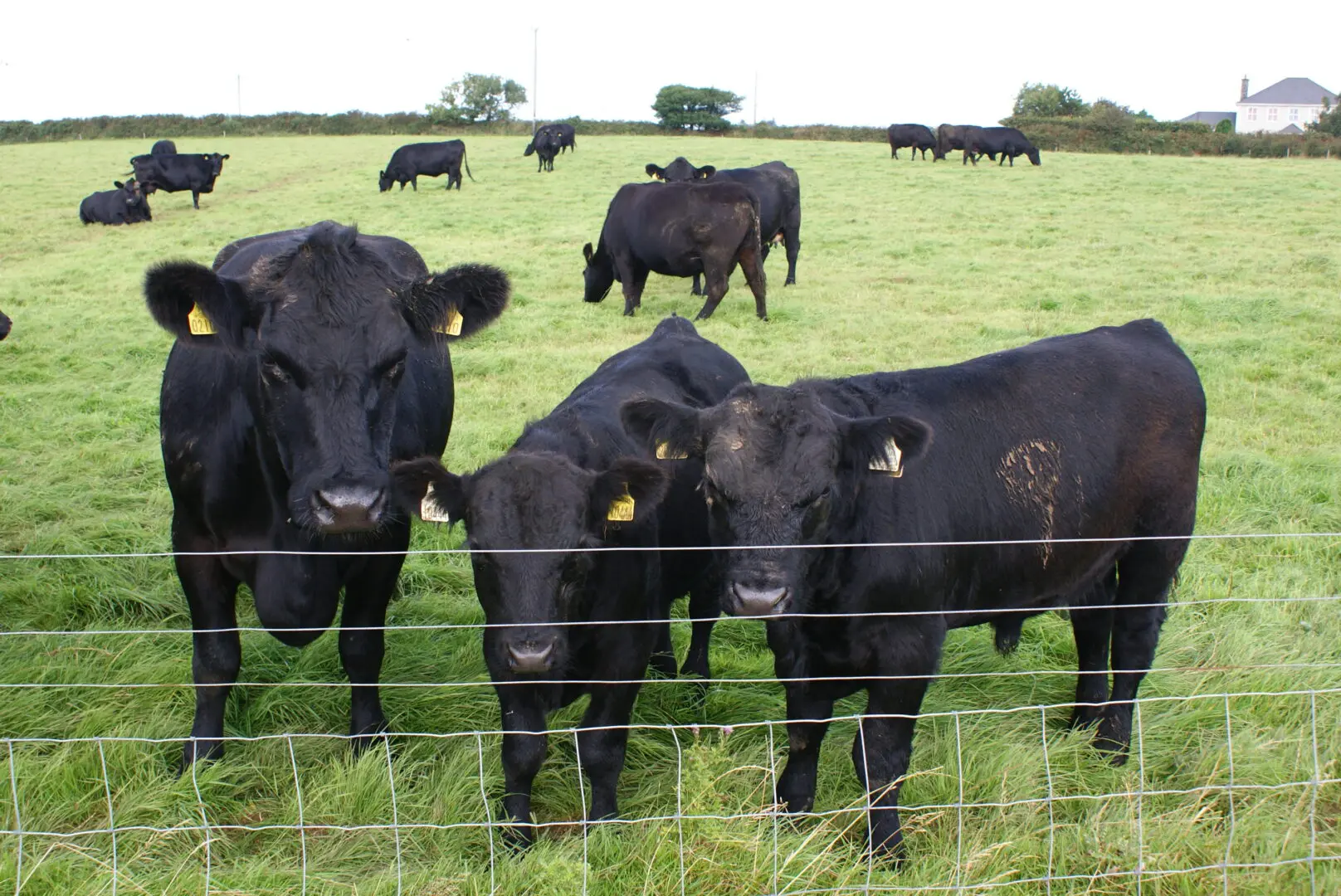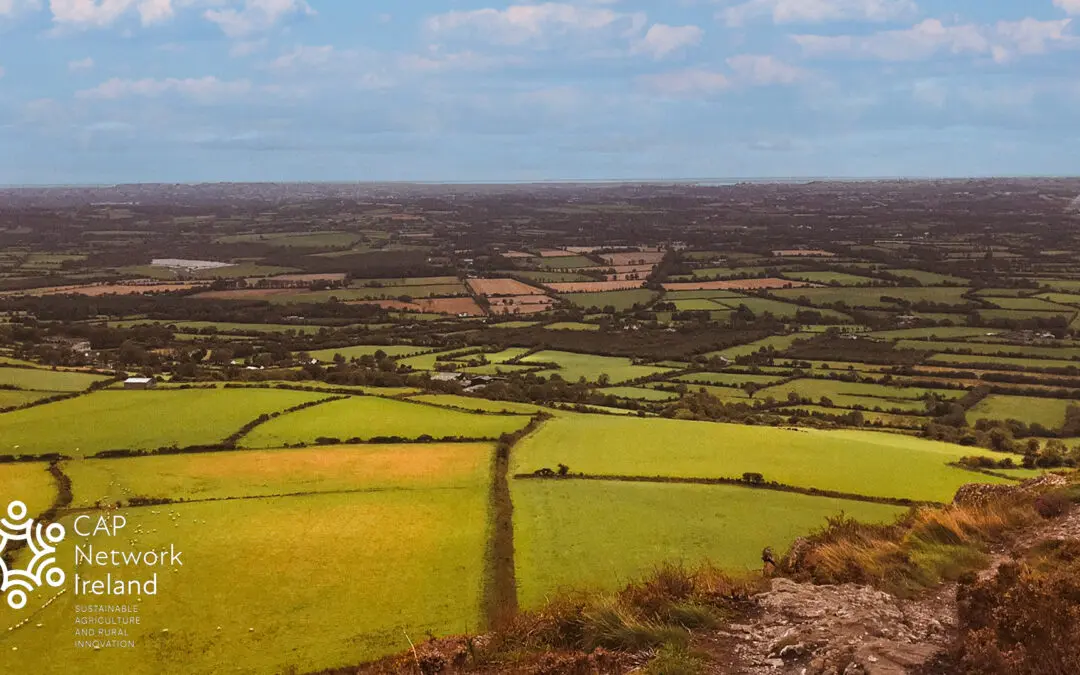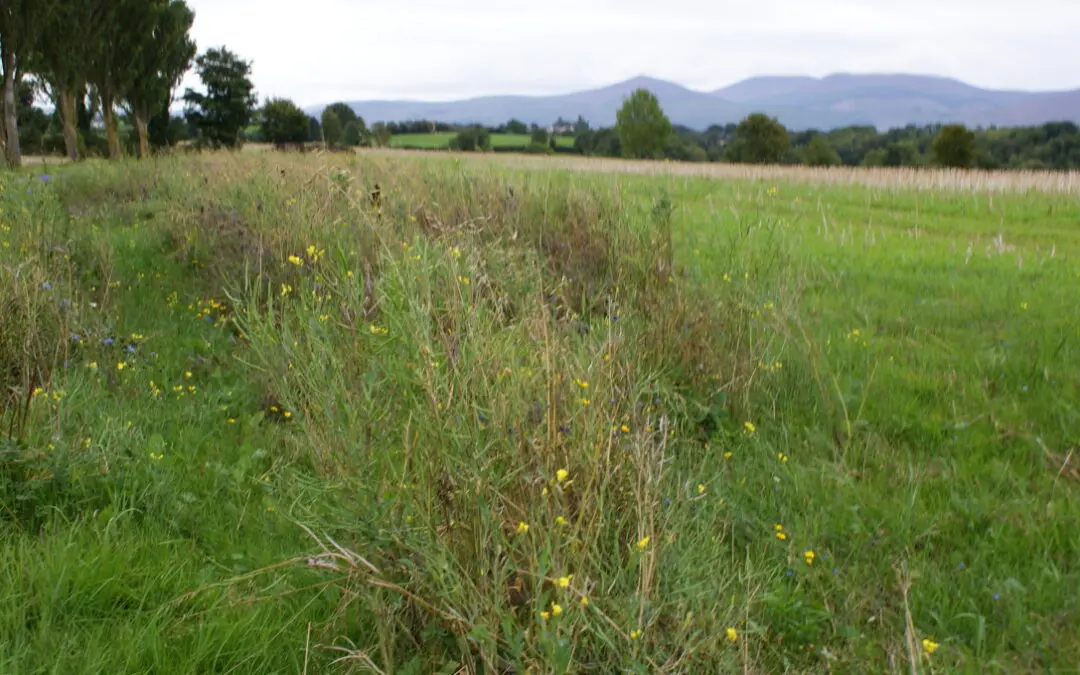Senator Pippa Hackett, Minister of State for Land Use and Biodiversity at the Department of Agriculture, Food and the Marine today announced that there has been great interest in the 2025 Organic Farming Scheme. She predicted that there will be approximately 700 new entrants to organic farming who will participate in the national Organic Farming Scheme, provided that they fulfil the requirements of the scheme. Organic farming has become more popular in recent years, giving farmers an opportunity to diversify their business. Ireland’s Climate Action Plan aims to have 10% of Irish land area being farmed organically by 2030. This latest influx of new organic farmers means Ireland has approximately 5,600 organic farmers on 248,000ha. This means that 5.5% of the land area is now being farmed organically.
Minister Hackett noted that “there is ongoing investment in the organic sector in Ireland, which has grown at pace over the past four yearsâ€. The Department of Agriculture, Food and the Marine have made great efforts in developing organic markets, carrying out research and providing advisory support for organic farmers. Many farmers in Ireland are at (lower) stocking rates where they can grow enough grass without buying expensive fertiliser, so “converting to organic farming makes business sense as well as bringing environmental benefits”.
Hackett went on to discuss how introducing “multispecies swards and red clover silage†to reseeding plans, reduces the demand for chemical fertilisers and imported feed. There is great demand at the moment for organic livestock feed and food grade oats, which has led to an increase in prices paid to organic tillage farmers for their grain. The Senator also commended Irish farmers for their vast knowledge in looking after soil fertility, which is a key component in any successful organic farm business.
Some of the requirements to qualify for the Organic Farming Scheme include registering with an organic certification body, attending a 25-hour training course in the first year of farming organically and submitting a BISS application form annually. The new Organic Strategy was launched in Autumn 2024 and one of its key objectives was to treble the value of Irish organic produce to €750 million by 2030.
Organic farming in Ireland is made up of twice the number of young people and female farmers in comparison to that of conventional systems. Teagasc plans to carry out further research in 2025 which will set out blueprints for organic beef and lamb production. Bord Bia will continue to open markets for Irish organic produce. Teagasc organise many organic farm walks each year which all farmers are welcome to attend if they are considering converting to an organic system or if they are interested in finding out more.




